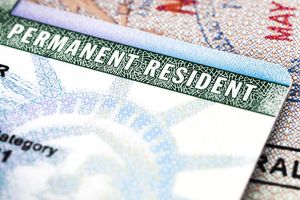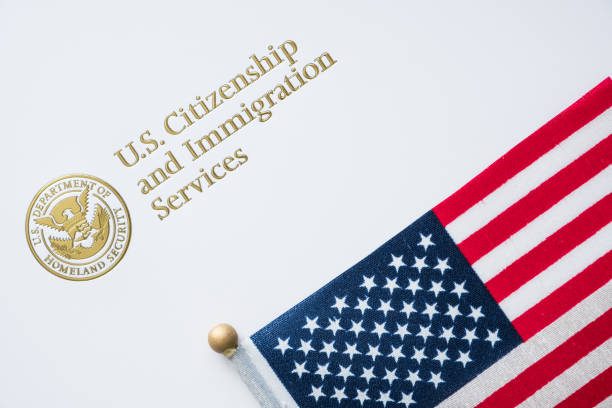Recently, the Department of Homeland Security (DHS) and the Department of Labor (DOL) have taken steps to drastically and fundamentally change the H-1B visa program, making it more difficult for U.S. employers and their employees to meet the requirements. Over the next few weeks, we will be going over these changes to the H-1B regulations and describing in more detail how they affect the H-1B process. For now, here is a brief overview.
On October 8, 2020, DHS published an Interim Final Rule, which took effect immediately, changing the definition of “specialty occupation†and changing what facts an employer is required to establish to have an H-1B petition approved. These new changes include:
- Requiring an employer to establish a “direct relationship†between the required degree(s) in a specific specialty and the duties of the offered position.
- Requiring an employer to establish that the required degree(s) in a specific specialty are “always†required for entry into such positions, rather than “normally†or “usually†required.
- Setting a 1-year maximum validity period for H-1B petitions where the employee will be performing work at a third-party worksite.
- Changing the definition of “employer-employee relationship†to require an employer to more painstakingly establish its right to control the employee’s work, in all cases, but especially where the employee will be performing work at a third-party worksite.
- Requiring an employer to establish that it has “bona fide, non-speculative†work available for the employee to perform as of the requested H-1B start date.
- Allowing the U.S. Citizenship and Immigration Services more flexibility to approve an H-1B petition for a shorter period of time than requested by the employer with only a “brief explanation†of the reason for the limited validity approval.
- An increasing emphasis on H-1B site visits which include, as a consequence for failure to cooperate (including failure to cooperate by a third-party where the employee is placed), denial of the H-1B petition or revocation of a previously-approved H-1B petition.
The same day, on October 8, 2020, DOL published an Interim Final Rule, which took effect immediately, artificially raising the wages that must be paid to H-1B employees by setting the prevailing wage levels at considerably higher levels than they were previously, for more than 20 years. The DOL has raised the Level I Wage (for “entry level†positions) from the 17th percentile to the 45th percentile, raised the Level II Wage from the 34th percentile to the 62nd percentile, raised the Level III Wage from the 50th percentile to the 78th percentile, and raised the Level IV Wage from the 67th percentile to the 95th percentile.
On November 2, 2020, DHS published a Notice of Proposed Rulemaking, which has not yet taken effect, changing the H-1B registration selection process from a random lottery to a system that prioritizes H-1B registrations with the highest prevailing wages. Registrations would be ranked and selected by Wage Level, beginning with Wage Level IV and proceeding in descending order with Wage Levels III, II, and I.
With the ever-changing rules, regulations, and adjudicatory practices affecting the H-1B visa program, the best chance for successful adjudication is to retain the services of a Board-Certified immigration attorney such as you can find at Tidwell, Swaim & Farquhar.
Alex Farquhar
Associate Attorney- Dallas, TX
Tidwell, Swaim & Farquhar



